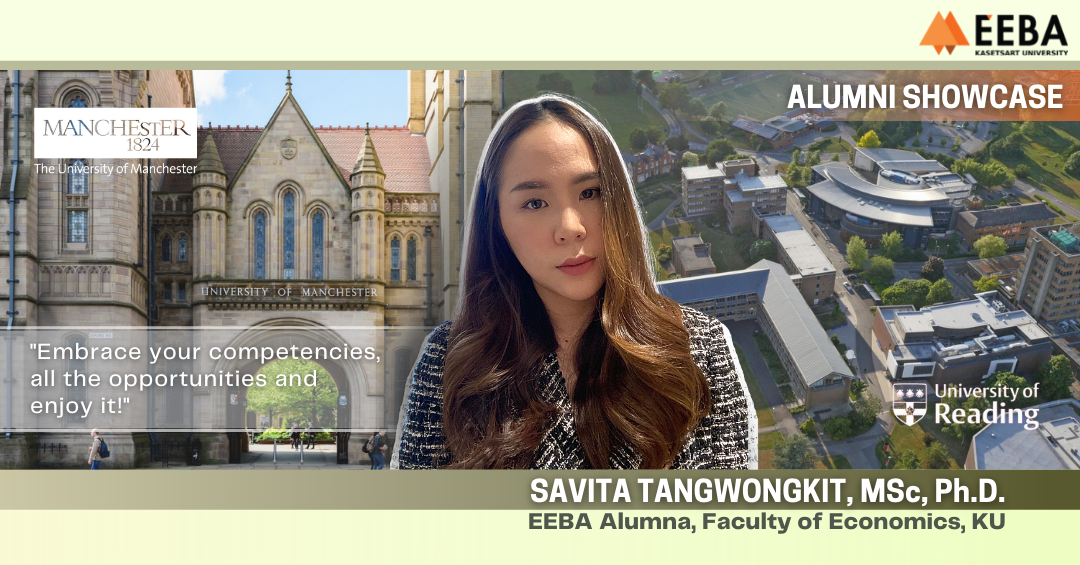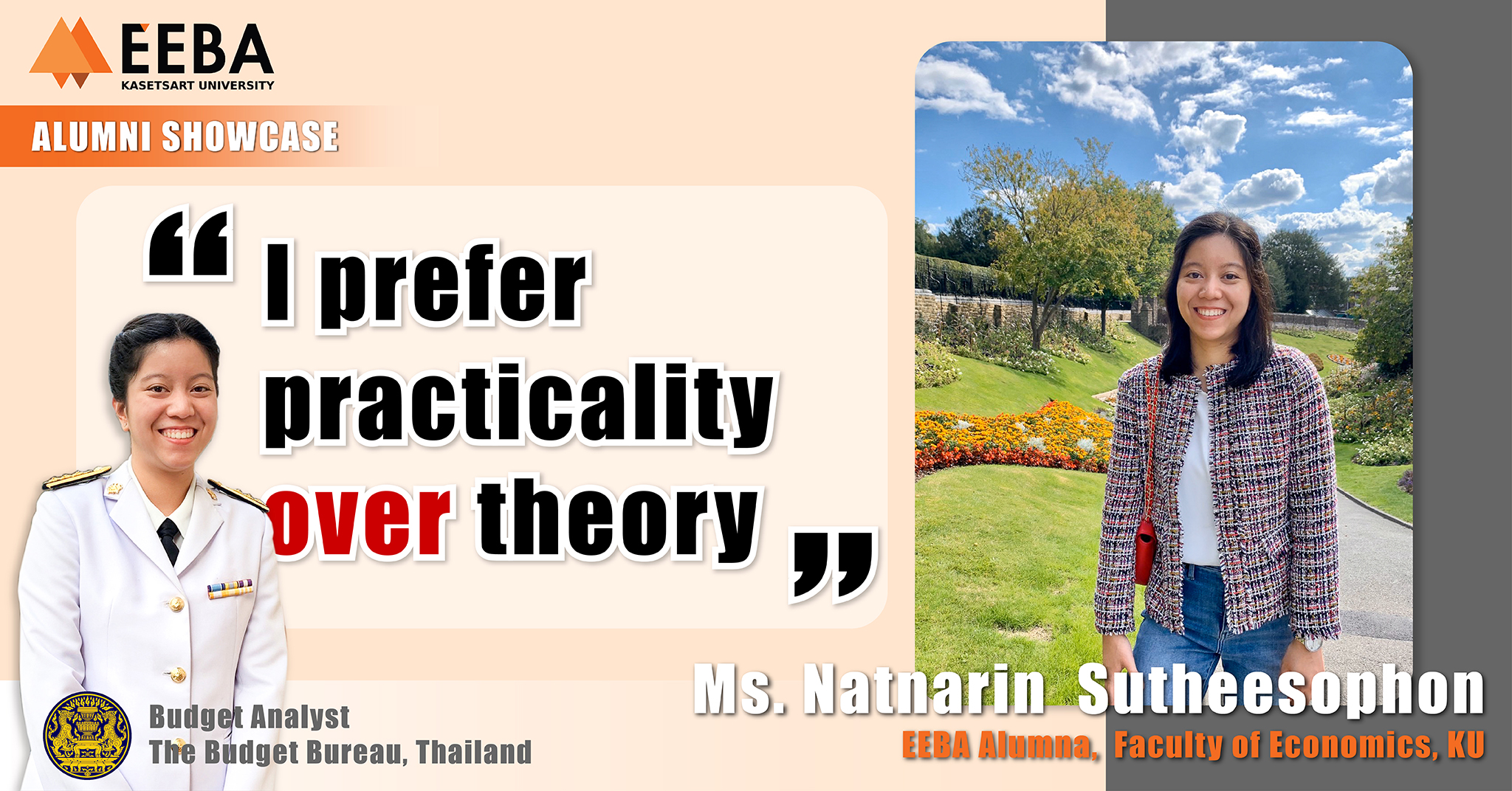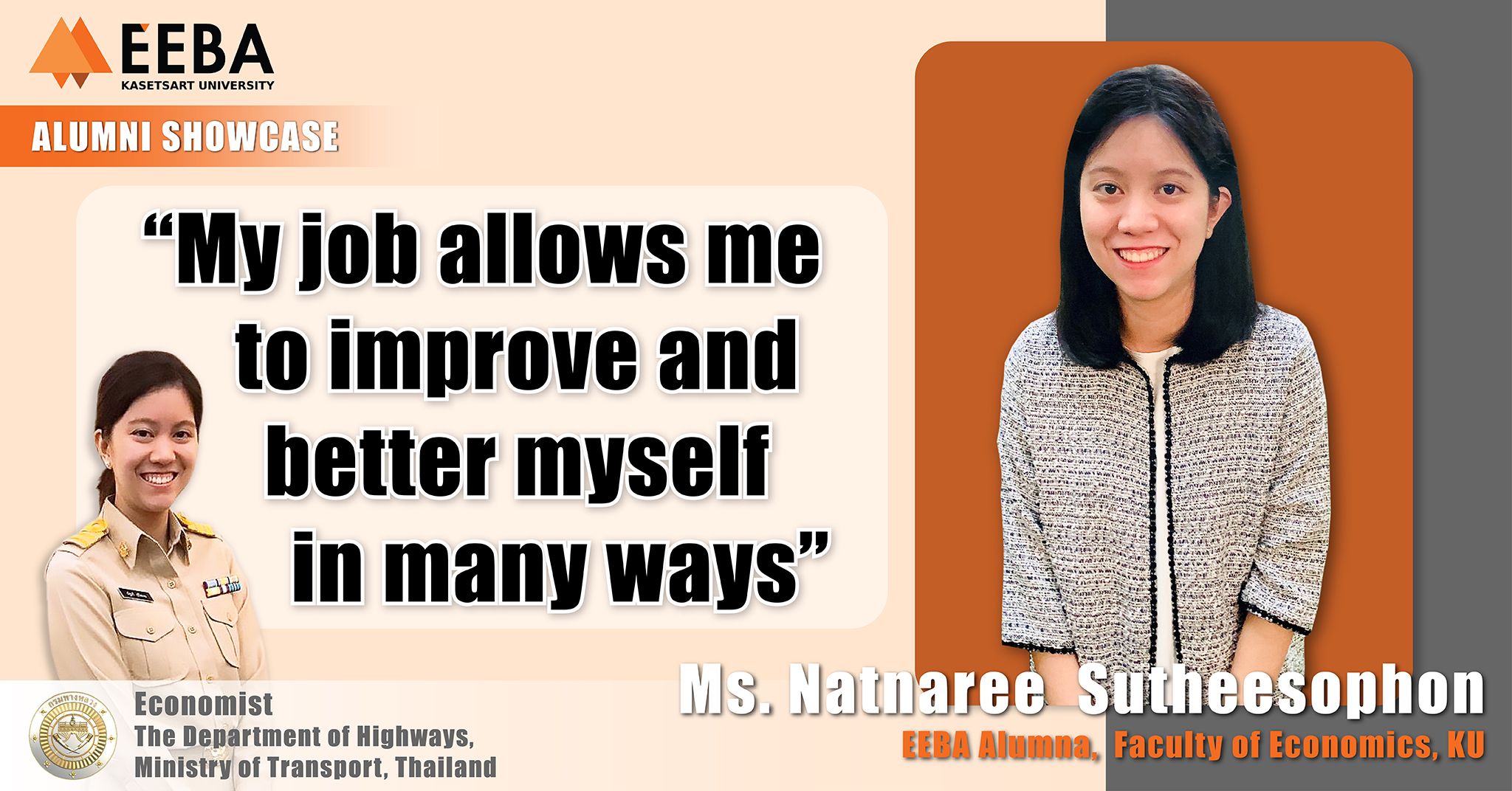“EEBA Alumni: MSc at University of Manchester and PhD at University of Reading”
PhD at the University of Reading, UK
2022 – The Degree of Doctor of Philosophy in Agricultural, Environmental and Food Economics, School of Agriculture, Policy and Development, The University of Reading, UK. (Course starting date, September 18, 2017)
There are a number of important issues that need to be considered when choosing your PhD program. First things first, is to identify the right area or topic of your PhD research, where for Savita, it is related to agricultural policy and economics. Then, you must choose where you want to go, WISELY!
Two primary reasons why Savita chose to do her PhD at the University of Reading; first, because of its highly regarded reputation, Agriculture at this university has been ranked in the top ten in the world for several years in a row.
Second reason was entirely because of her supervisors. Many believe that a good supervisor can guide a struggling student to success. A bad supervisor can destroy even an exceptional student’s dreams. This is because the key factor in a successful PhD program is the supervision process where both PhD students and supervisors are playing positive roles. You need supervisors who can be a source of inspiration in creating ideas and are able to provide you support, guidance and any necessary means that fosters your research agenda.

Savita opted for a PhD because she wanted to be able to share her knowledge and academic expertise to the young generation and to be a part of shaping the future generations too. In order to do so and to work in academia as a lecturer or a university researcher, having a PhD is usually one of the main qualifications.
Because of her own intellectual curiosity and her comfort being in the academic environment, she innately loves research and she wants to achieve something new in her area and would love to see her research being put into practice. She loved it so much that she was willing to spend another four years on it!
“I believe that getting an advanced degree represents my best intellectual, professional and personal interest.”
What does having an advanced degree do for you?
Why is doing a PhD worth it, you ask? It facilitates you to accomplish something big!
Yes, the process of doing a PhD is often recognized as a training in creativity – creating a new base of knowledge, preparing to discover the unknown that is significant, critical reasoning, thinking in-depth from different angles, confidence, and professionalism. However, in addition to those, you will also gain transferable skills such as professional presentations, public speaking, teaching, and networking. Savita has taken up numerous opportunities to grow as an academic.
For example, during her time as a postgraduate researcher, she attended oral academic presentations at international research conferences related to agricultural economics and rural policies where she was able to present her work to other researchers.
“I learnt a great deal from other researchers including getting groundbreaking ideas and practical advice through receiving critical responses that I had previously not thought about at all. Moreover, attending academic conferences gave me an opportunity to make valuable contacts through networking where I got to meet professionals in my field. From my personal experience, I also won the best presentation award on Agricultural Economics and Rural Policies from the ICAERP 2020 International Conference. This achievement has energized me even more so in my research.
My research supervisor also gave me a chance to engage in teaching undergraduate students at the university. Teaching during a PhD was a huge undertaking for me in expanding my horizons and putting my knowledge into practice in a new environment.“

“Most importantly, I was able to make an original contribution to my chosen subject, and the influence of this contribution could become a reference point for future academics, researchers and students, and possibly even benefit the future policy formulation – which is kind of a nice way to look forward to when you think about the end results of the research you accomplished along the way.”
The difficulties and challenging times during a PhD journey
It is undeniable that the journey to obtaining a PhD degree is a long process where your motivation could often dip and peak along the way, especially when you are at the beginning. Oftentimes, you will experience lack of self-confidence as you get stuck in your comfort zone and feel as if you also lack the relevant experience. You will also feel uncertain about your focus and direction, and that may cause you to feel as if you’re drifting which may lead you to experience imposter syndrome.
However, all of these challenges that you will face can be 100% overcome and the rewards you will get is extremely worthwhile. You will see that your capability and competency building will sky rocket professionally and you will realize that you are tougher than you thought.
Doing PhD requires thousands of precious hours researching and reading literature, but for Savita, she found out that once you are reading something that is relevant to your own subject of interest, you will be able to find it interesting and enjoy it. Having the skills to efficiently filter through large amounts of information and purposefully capture and use just what you need can build your competitive advantage in your field. This was not something that came natural to her, but doing PhD completely changed her in a positive way.
To overcome all the difficulties during your PhD journey, you need to strengthen your self-discipline and internalize your self-regulation as a PhD student. Moreover, you should stay curious, ask and discuss with your supervisors or other important persons in your network when you are confused or uncertain about something.

It is also important to keep track of every milestone you achieve by giving yourself regular rewards. However, if you find that your research is causing you to drift away – make sure to refocus your goals, go for a jog or exercise, or maybe set a weekend routine to destress. It is important to constantly increase your mental resilience when you deal with tasks that take so much more time and a higher level of work.
Finally, Savita advises to not fear failures or taking risks. By doing a PhD, you will graduate by producing new and creative work. This means that it is very likely that you will face many dead ends, because no one knows the answers, and that you will sometimes see yourself making far less progress than you expected even if you feel as if you’ve given a huge amount of effort already.
“These things will typically happen, but you will be alright. Please keep in mind that you can learn more from your failures than successes; where each time you keep trying, you do better and better, and the reward of your own creative work will keep you going. Just remember, at the end of the day, it’s all on you.”
Her research study
Her thesis is entitled, “THE SURVIVAL OF THAI SUGAR PRODUCERS AND STAKEHOLDERS IN THE WAKE OF WTO-ENFORCED CHANGES TO THE THAI SUGAR REGIME”.
Her personal area of interest has always been in the field related to Thai cane and sugar regime since her undergraduate years – her final year project dissertation was also in the same focus.
For her PhD thesis, the problem statement began with the realization that at present, the Thai sugar sector is at a key juncture when policy reform is being forced upon the sector by international pressure. After a long period of stability created by protectionist policies as in 2016, Brazil filed a request with the WTO for consultations with Thailand regarding alleged breaches of WTO rules by the subsidy regime applicable to the Thai sugar sector. In an effort to avoid being challenged at the WTO, the Thai government initiated a process of policy reform as part of a broader industry restructuring, in order to bring the sector up-to-date with developments in the international sugar market. While the impacts of large-scale policy reform of the Thai sugar regime are likely to be significant, especially on the fortunes of Thai cane farmers and sugar millers, to date there have been very few empirical studies of the potential impacts. Her thesis attempts to address this research gap by investigating the likely responses of both cane producers and millers to a suite of alternative policy regimes.
The purpose of her research is to provide evidence to inform this decision through assessing the impact of a range of policy options reflecting different levels of market liberalization.
The main aim is to explore the effects of different policy scenarios that are available for the government to undertake, covering a spectrum of policy approaches on the libertarianism-protectionism dimension in terms of the number of farmers remaining in cane farming, cane and sugar supply, and structural change in the industry. Her thesis also looks at how Thai producers would respond differently under different policy environments and what are the motives and important drivers or barriers behind their likely responses.

“It’s my hope that the results from my thesis could contribute to an on-going discussion about possible scenarios of change to the Thai sugar regime by providing empirical evidence about how the industry is likely to respond to different policies, and therefore will be useful for informing the future direction of Thai sugar policy.
Another object of my thesis is to show the government what would happen in the sector if each of the scenarios were to be implemented, so the government can recognize where further readjustments might be needed. I believe that the farmer and miller sectors can also use my research’s results to help manage their business strategy if they know which policy is going to be implemented.”
What’s next for Savita?
There are three things Savita says she needs to do. First, she is now applying for a lecturer position at the Faculty of Agriculture, Kasetsart University Kamphaengsaen Campus where she grew up. She wants to be a part of influencing students and making a difference in her community.
Second, is to continue researching and making her research publications. She is currently working on publishing parts of her PhD research in academic journals and writing policy briefing, as she believes that to some extent, her work could help inform relevant policy makers in Thailand of the findings of the research.
Lastly, she is also working on having her thesis published in full which would allow other researchers and students to access it.
Final words of encouragement for those interested in pursuing a Phd
“Earning the highest level of degree of formal education, the doctorate – the experience is both rewarding and challenging.
You must first have a plan in advance and include a plan B into your grand plan and be very organized. Strong and effective time management is key to your research success. There is not a one-size-fits-all way to work as a PhD student, hence you should maintain a healthy work-life balance by searching for a routine that works best for you. Starting a PhD can be very tough and extremely stressful, requiring a huge amount of personal investment i.e., with massive amounts of reading, researching and writing, and it is a long journey of hard work.
Don’t feel pressured to work 24/7 because this is not sustainable, and don’t forget to live a life because you need quality time for hobbies, family, and friends in order to function at your peak level. Otherwise, you may suffer from the effects of having a very hectic schedule. I suggest that it is better to develop a good balance and work steadily throughout your program than to work intensively and burn out.
Two more suggestions are that; do not compare yourself and your PhD work with others, because everyone’s work is different, and you are conducting original research that reveals something new. Don’t worry if you have more or less data, experience, or perhaps that you are taking more time than your peers. You are accepted in your program because you deserve it. You just need to do what works best for you, manage your expectations and have that positive attitude to keep yourself moving forward. These are important!”
Lastly, she suggests to those who are interested in the same journey as hers to be aware of the imposter syndrome – which every PhD student has probably gone through, especially in their early stage of their doctorate program. It is real and everybody experiences it at some point as well as feeling fed up and dissatisfied. These feelings can be overcome at some point as long as you have got your heart set on your PhD.
“Remember that you are doing something incredible – contributing not just to yourself but to other people in society, and at the end of the day, you will make yourself extremely proud especially when you get to call yourself a Dr. So, embrace your competencies, all the opportunities, and enjoy it!







